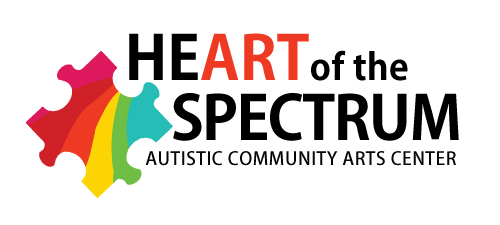 More autistic adults are entering the workforce than ever before and with it the number of resources benefiting both employees as well as employers is growing. Not only are these autistic adults entering the workforce, they are are thriving, and this may be a direct result of the growing network of support for those with autism. With growing awareness of the different types of autism and more advice it has never been easier to be an autistic adult in the workplace.
More autistic adults are entering the workforce than ever before and with it the number of resources benefiting both employees as well as employers is growing. Not only are these autistic adults entering the workforce, they are are thriving, and this may be a direct result of the growing network of support for those with autism. With growing awareness of the different types of autism and more advice it has never been easier to be an autistic adult in the workplace.
- What Kind of Autism? – The first thing you need to know is that autism is known as a ‘Spectrum Disorder’, meaning that autism can range from high functioning to severe. Sometimes it can be difficult to pinpoint as symptoms aren’t necessarily the same even with the same diagnosis, so it’s always best to have an open flow of communication between employer and employee so that both parties understand the specifics and the best way to handle them. Different skills and abilities will affect how they integrate into the workplace. If communication or social capabilities aren’t strong, autistic adults may prefer a quiet working environment rather than a busy office; some may not mind working with others but may have difficulties with changes and disruptions.
- What Challenges are Commonly Faced? – While entering the workforce can be a challenge for everyone, for autistic adults they face a tough transition due to communication and social struggles. More common problems faced by autistic adults include:
- Difficulties adjusting to the working environment, especially if the workplace isn’t used to the needs of those with autism.
- Misunderstanding the emotions of others and responding in an inappropriate manner.
- Difficulties understanding instruction and changes in the routine.
- Behaviors that are obsessive or repetitive could disrupt the balance of the working environment, especially amongst other co-workers who aren’t used to or sensitive to the needs of those with autism.
- Processing sensory matter can sometimes interfere with work performance.
Fortunately, both employees with autism and their co-workers can overcome all of the challenges they may face through training. By researching training programs and support groups, employers can create a working environment of equals. Autistic adults can also look to improve their skills for a working environment the same way. It’s all about working together to create a professional and supportive working environment.
Thriving in the Job – With the right support and facilities autistic adults can thrive in their employment. There are many autism support organizations out there to help autistic adults find appropriate work placements as well as sourcing employers whom understand their needs. It’s important for those with autism to work in an environment where they are not discriminated and that meets their needs and capabilities; so it might be worth considering for an autistic employee to continue in a job skills support program while they are employed, to work out any communication or socialization issues.
This article was written by A. Elliott; a writer with an interest in autism awareness. She occasionally writes for Voyage Care, providers of autism care and supported living.











